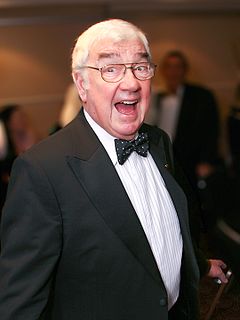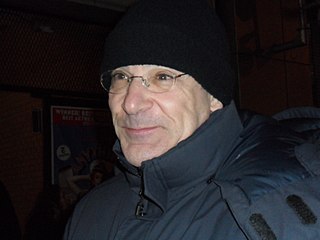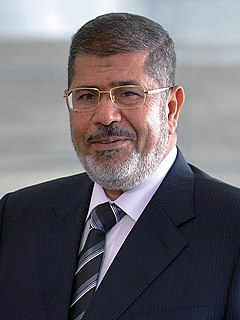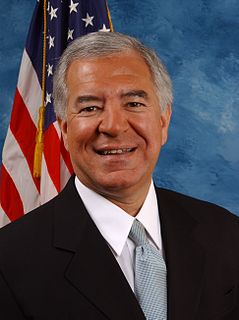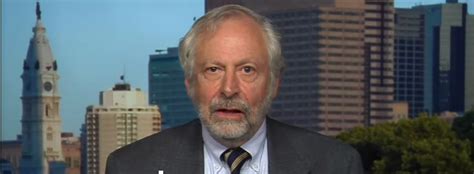A Quote by Frank Carson
My idea for peace in the Middle East is to go back to the 1966 line, but to build even more houses for the Palestinians, who are a poor people.
Related Quotes
I think the public is very reluctant to get involved in more foreign wars, especially in the Middle East. And they understand, implicitly, that we go to war in the Middle East because of oil. And if we don't want to go to war in the Middle East, then we have to do something about the oil problem. And I think that view is gaining ground in the U.S.
Israel is the American watchdog in the Middle East, and that's why the Palestinians remain victims of one of the longest military occupations. They don't have oil. If they were the Saudis, they wouldn't be in the position they are now. But they have the power of being able to upset the imperial order in the Middle East.
If in a city we had six vacant lots available to the youngsters of a certain neighborhood for playing ball, it might be "development" to build houses on the first, and the second, and the third, and the fourth, and even the fifth, but when we build houses on the last one, we forget what houses are for.
Most Israelis have a sense, 'We just don't want to live in the Middle East anymore. We don't want it to be the Middle East. Were going to just build a wall or operate unilaterally' - not try to even use force as used to be the case to convince Arabs to accept Israel by convincing them that Israel is here to stay and then negotiating.
I believe that the Iraqis have an opportunity now, without Saddam Hussein there, to build the first multiconfessional Arab democracy in the Middle East. And that will make for a different kind of Middle East. And these things take time. History has a long arc, not a short one. And there are going to be ups and downs, and it is going to take patience by the United States and by Iraq's neighbors to help the Iraqis to do that. But if they succeed, it'll transform the Middle East, and that's worth doing.
For too long, many nations, including my own, tolerated, even excused, oppression in the Middle East in the name of stability. Oppression became common, but stability never arrived. We must take a different approach. We must help the reformers of the Middle East as they work for freedom, and strive to build a community of peaceful, democratic nations.
